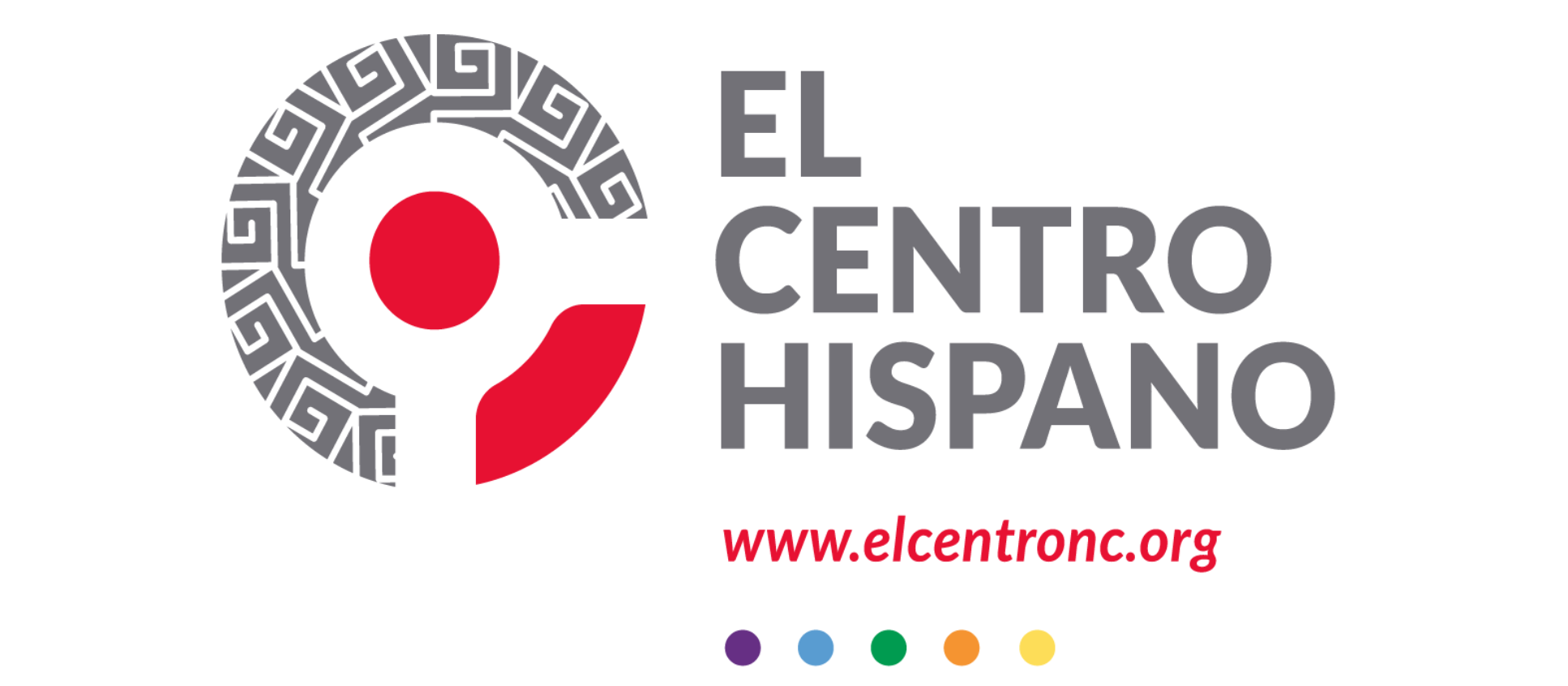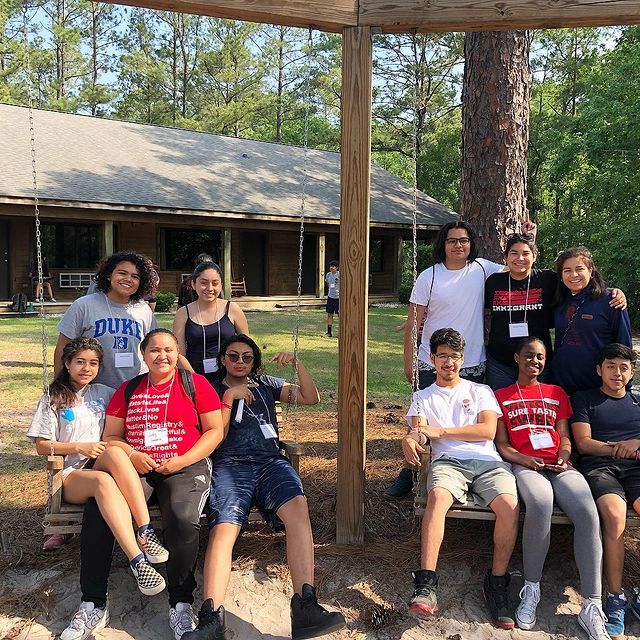DEI: Diversity, Equity and Inclusion starts at home
At El Centro Hispano we serve diverse communities and we address different social issues on a daily basis. Within our organization, 90% of our talented team members are native Spanish speakers, representing different countries and contributing to our diverse composition. By fostering a deeper understanding of diversity, equity and inclusion (DEI), we can take the initial stride towards aligning our internal practices with our mission. This alignment will also help us to enhance our service to external customers, ensuring consistency, credibility, and a strengthened ability to make a positive impact within the Hispanic/Latino/Latinx community we serve.
We recently started a cycle of workshops with the staff to discuss and embrace DEI. “We consider that this is ethically important but also strategically beneficial. It helps align El Centro Hispano with its mission, addresses systemic inequities, fosters innovation, expands reach, attracts talent, and strengthens stakeholder relationships”, said Pilar Rocha-Coldberg, President and CEO of El Centro Hispano. “By actively engaging in these conversations, nonprofits can create positive change both within their partners and in the communities they serve. This represents the initial phase of our strategy, starting from the inside of the organization to continue with the external audiences,” Rocha concluded.
Why is it beneficial to learn and discuss more about DEI: Diversity, Equity & Inclusion?
Addressing Systemic Inequities: DEI conversations help identify and challenge those inequities within the organization itself. By actively promoting diversity, creating equitable opportunities, and fostering inclusive environments, we can lead by example and work towards a more just and inclusive society.
Expanded Perspectives: Embracing diversity within a non-profit brings together individuals from different backgrounds, experiences, and perspectives. When people with different backgrounds collaborate, they bring unique insights and approaches to problem-solving, which leads to better decision-making, creativity, and innovation enabling non-profits to be more effective and efficient in achieving their goals.

Increased Relevance and Reach: By discussing DEI, we gain a better understanding of the needs, concerns, and aspirations of different groups. This understanding helps tailor programs and services to be more inclusive and relevant, thereby increasing our impact and reach.
Talent Attraction and Retention: When an organization fosters an inclusive culture, it creates a welcoming environment where employees or volunteers feel valued, respected, and supported. This, in turn, enhances employee satisfaction, morale, and productivity.
Responsiveness to Stakeholders: By openly discussing DEI, nonprofits demonstrate their commitment to fairness, equity, and inclusivity. This builds trust, credibility, and goodwill among stakeholders, leading to stronger partnerships and increased support for our organization’s mission.






